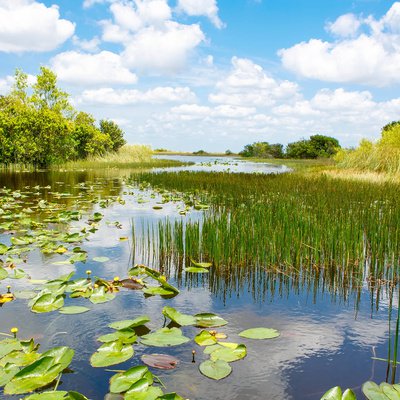By ZELA Information
The Zimbabwe Environmental Law Association (ZELA) joins other countries in celebrating World Wetlands Day. The day comes at a time when the second wave of COVID-19 continues to wreak havoc across the globe.
There is a misperception that nature is getting a break from anthropogenic activities during this COVID-19 era, instead, the state of affairs shows the increased pressure on natural resources as a result of deforestation, illegal mining among other activities that are taking a toll on nature.
Water and wetlands are connected to the existence of life and wellbeing of this planet. This year’s theme “Water and Wetlands- Inseparable for Life”’ signifies the importance of wetlands as a source of freshwater and encourages action to restore them and stop their degradation.
Wetlands serve various functions in the ecosystem such as flood attenuation, water purification through the removal of pollutants and other toxic substances, groundwater recharge, carbon dioxide assimilation, habitat for wildlife, sustaining unique biodiversity and serving important aesthetic, recreational and cultural functions. Preserving wetlands can be a solution to the world’s growing freshwater crisis; the contribution of wetlands to the quantity and quality of freshwater on our planet cannot be debated.
The day comes at a time when Zimbabwe’s wetlands are under threat [1] from both anthropogenic and natural pressures.[2] The country still witnesses the significant loss of these vital assets because of agricultural development, construction, deforestation, mineral extraction, and freshwater diversion. Development in wetlands without proper mitigation measures has resulted in the infringements of the functions and services provided by wetlands.
This rainfall season of 2020 to 2021 has evidently exposed the need to balance human development and wetland ecosystems as several communities have lost properties within the urban built environment namely Budiriro 2, Chitungwiza, Norton, Gweru, Kwekwe among other areas countrywide where settlements were constructed disregarding land cover and land use plans. Some of these challenges are emanating from illegal land sales and allocations by land barons and some Local Authorities being driven by selfish motives for profit.
These challenges suggest that there is a dire need to deal with issues of urban sprawls and informal settlements and create sanity while protecting the right to shelter for the ordinary citizens.
Zimbabwe acceded to the Ramsar Convention on the 3rd of May 2013, and has committed to implement the “three pillars” of the Convention which are:
· To designate suitable wetlands for the List of Wetlands of International Importance and ensure their effective management;
· To work towards the wise use of all wetlands through national land-use planning, appropriate policies, legislation, management actions, and public education;
· To cooperate internationally concerning trans-boundary wetlands, shared wetland systems, shared species, and development projects that may affect wetlands.
The government is in the process of developing a National Wetlands Policy whose purpose is to guide wetlands management and it is our hope that this policy will go a long way in ensuring the protection of biological diversity. Relevant regulations and laws that promote maintenance of ecological integrity of wetlands must be enforced.
Read a commentary on Wetlands Conservation versus Physical Development in Zimbabwe where the case of Life Covenant Church (LCC) sets an important precedent as far as wetland conservation is concerned. The court was alive to the fact that wetlands play a crucial role in sustaining the livelihoods and sustainability of water resources and any activity that compromises these cannot be sanctioned.
In Zimbabwe the realisation of the basic human right to access water has been a challenge as over two million people in the capital city, Harare and the greater metropolitan areas have no access to safe drinking water which can be averted if wetlands are allowed to thrive. This is also against the principle enshrined within the 2013 constitution in section 77(a) that “every person has the right to safe, clean, and potable water.”
Wetland management must be encouraged at all costs. This is because the destruction of these rich in biodiversity but fragile ecosystems has a high cost not only for the present but future generations as well. The disruption of our wetlands must cease, while the remaining ones must be retained, and where possible rehabilitation, restoration and re-creation of these wetlands must be attempted.
There is no ‘planet B’, stop destroying and start restoring wetlands.
[1] HN Chabwela ‘The ecology and conservation status of the Save- Runde Floodplain’ in T Matiza and SA Crafter (Eds) Wetlands Ecology and Priorities for Conservation in Zimbabwe: Proceedings of a Seminar on Wetlands of Zimbabwe, Harare Kentucky Airport Hotel 13-15 January 1992 International Union for Conservation of Nature and Natural Resources (1994) pages43-46.
[2] Mhlanga (Note 6 above).






